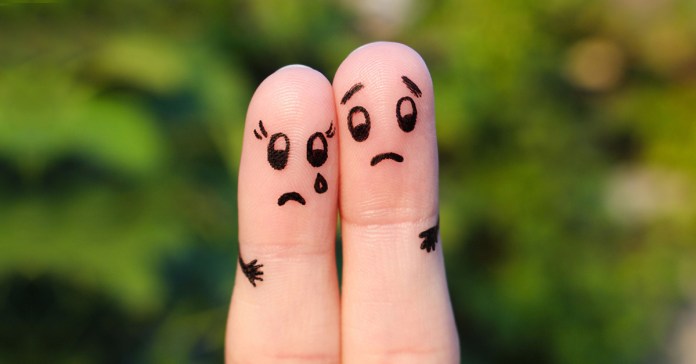If you’ve been trying to conceive a baby and haven’t been able to for a while, you should probably take a look at the kinds of food you’ve been consuming. Many foods have been known to affect male and female fertility, thereby reducing your chances of becoming a parent. Want to figure out which foods have been doing this? Keep reading.
Foods That Negatively Affect Fertility
1. Fish With High Mercury Content Like Tuna, Shark, And Swordfish

Mercury is a heavy metal that negatively affects the thyroid and the reproductive organs. Research has shown that it has a negative effect on a woman’s response to in vitro fertilization (IVF).1 Women who are concerned about their fertility should eat small fish that are lower on the food chain. Anchovies, Arctic char, Atlantic mackerel, wild Alaskan salmon (including the canned ones), sardines, and farmed rainbow trout are all low in mercury; they are also excellent sources of omega-3 fatty acids.
2. Processed Carbs And Sugars Like Bread, Pasta, Cereal, And Rice

These foods spike your blood sugar, which increases insulin. Insulin can, in turn, disrupt hormonal balance and cause fertility problems like polycystic ovary syndrome (PCOS). Insulin provokes excess production of testosterone in women, which then interferes with healthy egg development. Rice and rice products have also been found to contain a significant amount of arsenic – an element toxic to humans.
3. Sugar

Aside from spiking insulin and causing hormonal imbalance, sugar also promotes oxidative stress or oxidation in the body. Oxidation potentially damages eggs and sperm. What is oxidation? It is the same process that causes a metal to rust or an apple to turn brown if you set it aside after taking a bite. It’s not a healthy process, and it can be particularly damaging to fragile eggs and sperm. Antioxidants in our diet – like vitamins A, C, and E – help combat oxidation. If you want to ensure that your fertility is not affected, avoid foods that promote oxidation and consume foods rich in antioxidants (fresh, colorful fruits and vegetables). Research shows that a diet rich in fruits and vegetables helps reduce oxidative stress and improves internal antioxidant function.2
4. Caffeine

While fruits and vegetables protect against oxidative stress, caffeine (along with other factors like extremes of body weight, alcohol consumption, and tobacco use) seems to promote it.3 High caffeine intake can damage sperm in men. Switching to decaf may help some, but 10% of the caffeine of regular tea and coffee is still retained. Green tea contains caffeine too, but usually less than regular tea.
5. Alcohol

One study on Danish women found a greater incidence of infertility in women consuming 7 or more alcoholic drinks per week.4 A glass of wine once or twice a week is probably fine before pregnancy, but avoid binge drinking and drink a glass or less per day; also, be sure to quit drinking once you’re pregnant.
6. Foods Rich In Trans Fats

Healthy fats make healthy cells, including healthy eggs and sperm. Trans fats and hydrogenated oils result in unhealthy eggs and sperm. Foods that are likely to be highest in trans fats include margarine, baked goods, chocolate, candy, milk, and vegetable oils. Focus on foods rich in healthy fats like fish, raw nuts and seeds, avocado, and olive oil.5
7. Fruits And Vegetables With High Pesticide And Herbicide Residues

Pesticides and herbicides can mimic the hormone estrogen. In men, they interfere with the normal functioning of the male hormone testosterone. In women, they result in excessive estrogen activity or an imbalance between estrogen and progesterone – known as estrogen dominance. Eat a lot of veggies and fruits for a supply of vitamins, minerals, and antioxidants. Aim for the ones with the lowest pesticide/herbicide residues. The Clean Fifteen are corn, avocado, pineapple, cabbage, onions, peas, papaya, asparagus, mangos, eggplant, honeydew, kiwi, cantaloupe, cauliflower, and grapefruit. The produce highest in pesticide residues and best consumed organic includes apples, strawberries, spinach, nectarines, peaches, pears, cherries, grapes, celery, tomatoes, peppers, and potatoes.
8. Foods With High Dioxin Residues

Dioxin is an environmental pollutant. It impacts female fertility by contributing to a condition known as endometriosis. When a woman suffers from endometriosis, there are uterine lining cells in her abdominal cavity that can attach to the organs in her abdomen, including her ovaries. Endometriosis can block ovulation, leading to fertility problems. Foods that have high dioxin content include beef, pork, and dairy products.
Eliminate these foods from your diet because they might just be contributing to your infertility!
References





